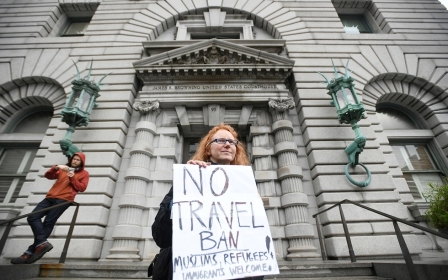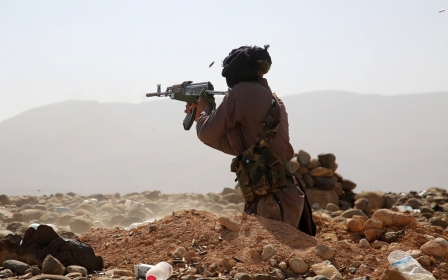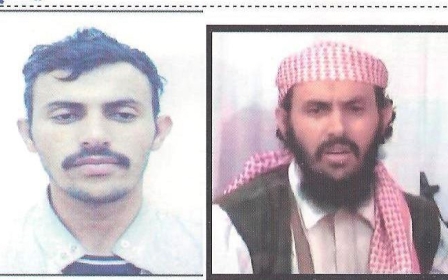Yemeni officials say they did not withdraw permission for US ground operations

UPDATE: Yemen said on Wednesday it had not suspended "counter-terrorism operations" with the US government, despite controversy over a US commando raid on al-Qaeda militants in which several civilians were also killed.
Earlier media reports had cited US officials as saying that Yemen withdrew permission for such raids.
The attack in al-Bayda province, approved by President Donald Trump, resulted in a gun battle that left one Navy SEAL dead and an American aircraft a charred wreck. Local medics said several women and children were killed.
Yemeni officials told Reuters that Sanaa had not withdrawn its permission for the United States to carry out special operations ground missions but had made clear their "reservations" about the last operation.
A statement by the Yemeni embassy in Washington said the government "stresses that it has not suspended any programs with regards to counterterrorism operations in Yemen with the United States Government".
The target of the 29 January raid was the head of al-Qaeda in the Arabian Peninsula, Qassim al-Rimi, according to a report by NBC. But the Pentagon insists that the operation’s goal was to recover computers from the militant group, while the White House continues to call it a success.
“The raid that was conducted in Yemen was an intelligence-gathering raid,” Sean Spicer, the White House press secretary, said on Tuesday. “That’s what it was. It was highly successful. It achieved the purpose it was going to get, save the loss of life that we suffered and the injuries that occurred.”
According to the US military, 14 militants were killed in the attack. The Pentagon acknowledged that civilians, including children, were “likely killed” in the assault.
Nawr al-Awlaki, an eight-year-old US citizen and daughter of militant cleric Anwar al-Awlaki, who was killed in a US drone strike in Yemen in 2011, also died in the attack.
The human rights group Reprieve reported up to 23 people civilians were killed, based on witness accounts.
Yemen is among the seven Muslim-majority countries targeted by an immigration ban order signed by Trump two days before the raid.
On Tuesday, Republican Senator John McCain, chair of the Senate Armed Services Committee, called the mission in Yemen a "failure".
"If they had just bombed the place it would have been much easier and less risky, but it looks like Trump is trying to say 'I'm a man of action,'" a Yemeni tribal leader told Reuters. "It looks like the new president has watched a lot of Steven Seagal movies."
Yemen is embroiled in its own civil war, where Saudi Arabia is leading an Arab coalition to restore the government of Abd Rabbuh Hadi against Houthi rebels who took over much of the country.
Washington backs the Hadi government and has had minor military confrontations with the Houthis, whom it accuses of being supported by Iran.
After the Houthis attacked a Saudi frigate off the Red Sea coast last week, US officials said the destroyer USS Cole - the same vessel that was attacked by al-Qaeda off Yemen in 2000, with the loss of 17 sailors - had arrived at the nearby Bab al-Mandab Strait to protect international waterways.
Trump's new national security adviser Michael Flynn then accused the Houthis of being one of Iran's "proxy terrorist groups" - a label the last administration and even Saudi Arabia had avoided in hopes of reviving stalled Yemeni peace talks.
Middle East Eye propose une couverture et une analyse indépendantes et incomparables du Moyen-Orient, de l’Afrique du Nord et d’autres régions du monde. Pour en savoir plus sur la reprise de ce contenu et les frais qui s’appliquent, veuillez remplir ce formulaire [en anglais]. Pour en savoir plus sur MEE, cliquez ici [en anglais].




